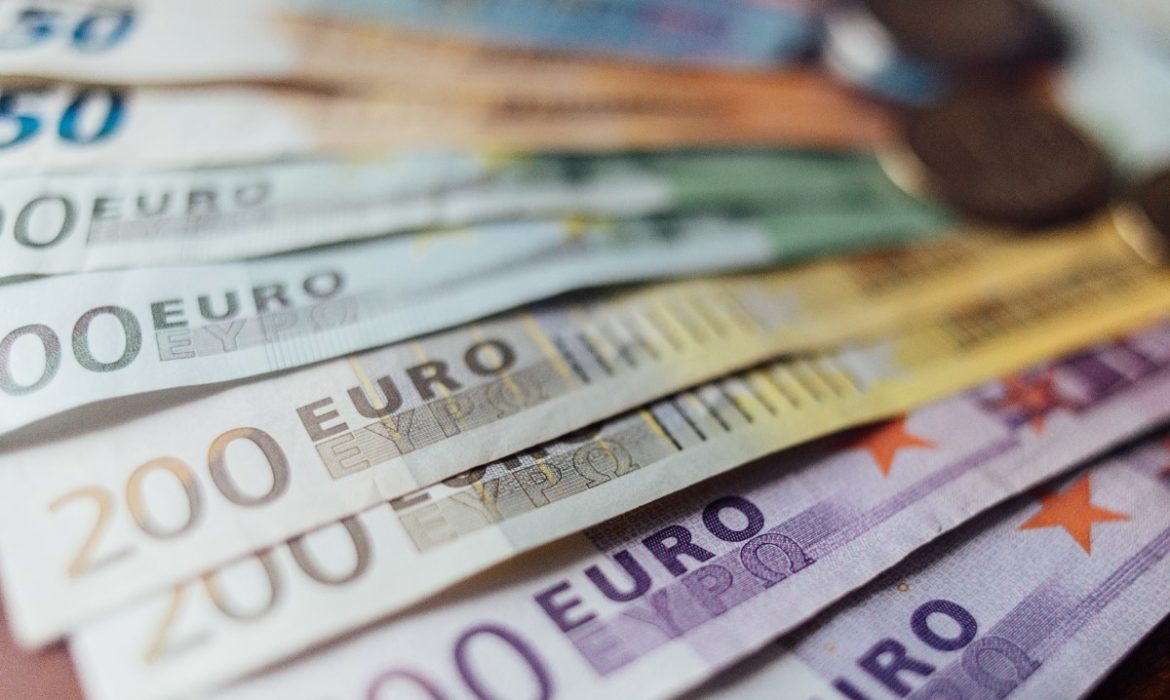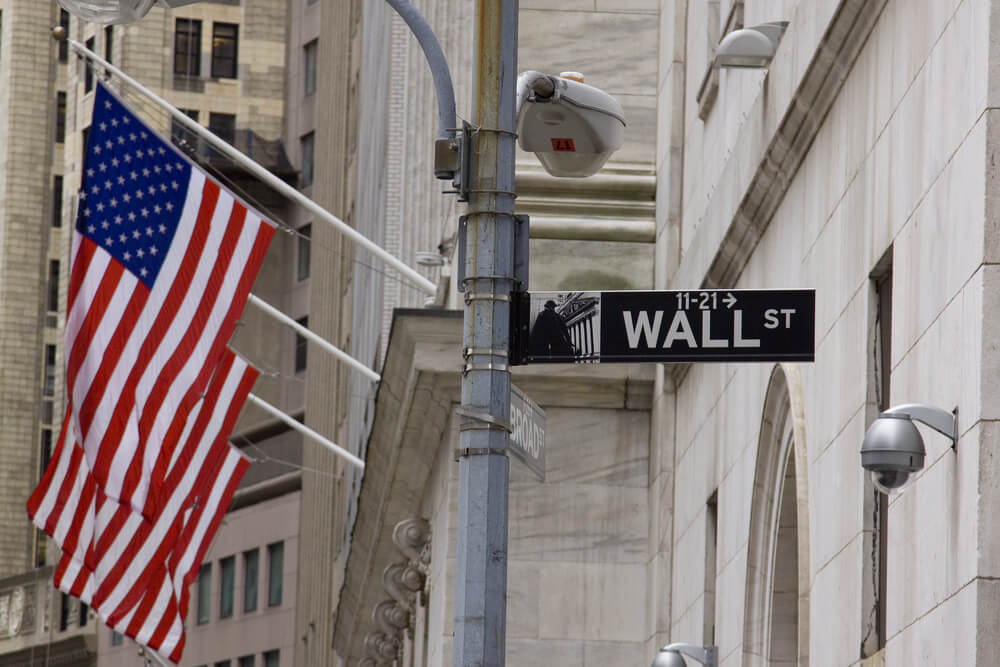After gaining significantly following the Brexit deal, the euro looms to revert early gains against the USD and other safe-haven currencies.
According to analysts, such a trend is likely, as investors make more cautious bets ahead of the new year.
Similarly, the common currency’s lack of liquidity and volume adds to the lukewarm sentiment in the market.
Such a trend is likely to last until the initial trading days following the unfolding of 2021, where there is little to no catalyst to propel the EUR upwards.
The bearish forecast dims the significant strides made. This sentiment is spurred along by the announcement of the post-separation trade deal with the United Kingdom.
Foreign exchange experts noted that the growing number of cases in the old continent and stricter containment mechanisms currently adopted by European countries undermine the health of the bloc’s economy.
Currently, one of the closely monitored events is the European Central Bank’s decision with its monetary policy. Any tweak in the strategy might instantaneously drag the euro down or propel it to multi-year highs.
Nevertheless, the shorter-term outlook for the currency remains on the optimistic side.
In the latest charts, it managed to gain against other entities in the basket. The risk sentiment is yet again ignited along with Trump’s go signal on the coronavirus monetary aid.
In the latest charts, it managed to clinch a 0.63% against the pound and settled to 0.9044.
Consequently, it rose against Asia’s safe haven after gaining 0.36% to 126.69 against the Japanese yen.
Currently, the Bank of Japan is in the process of reviewing its inflation strategy. This is necessary to prevent consumer prices from falling to lows anew.
Is the Pound Underperforming?
Experts in the field noted that the pound has consecutively underperformed in the sessions following the Brexit deal agreement.
Analysts attributed its lukewarm performance to the United Kingdom’s seemingly “inferior” position on the deal. In addition, many of the key areas to trade remain in the grey.
Adding on, the EU-UK trade agreement is likely to be a “last-minute” resort to prevent the trade between the two blocs from falling to the hands of the World Trade Organization.
In the worst-case scenario, the WTO agreement stipulates greater tariff and non-tariff barriers. These will significantly restrict business exchange between the former allies.
Meanwhile, the US Dollar failed to capitalize on the risk-on trend after falling by 0.04% against other leading entities in the basket of currencies.
















